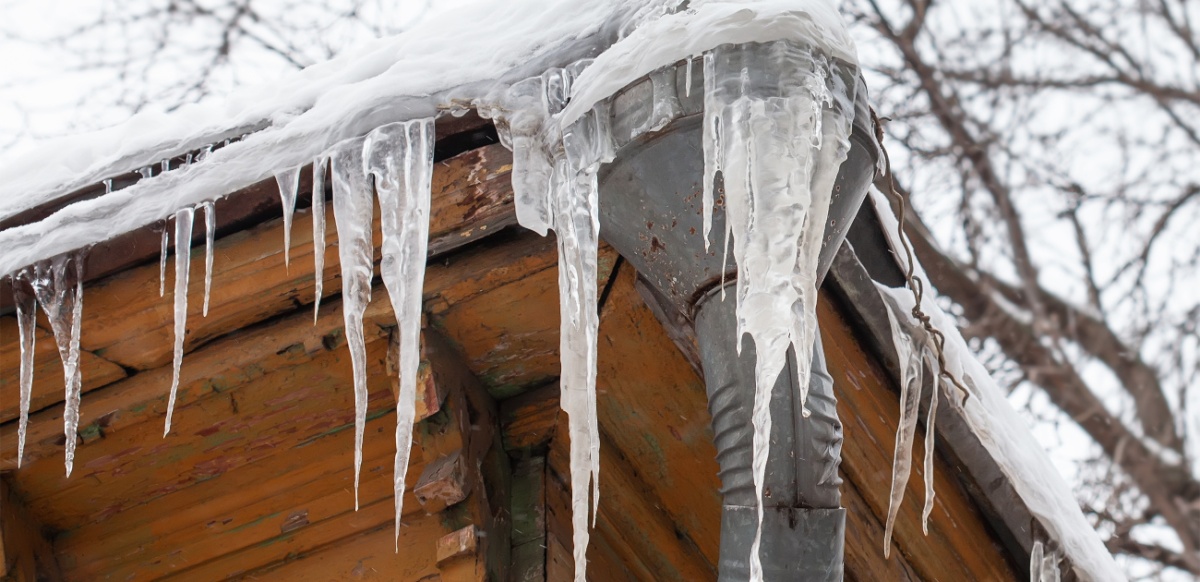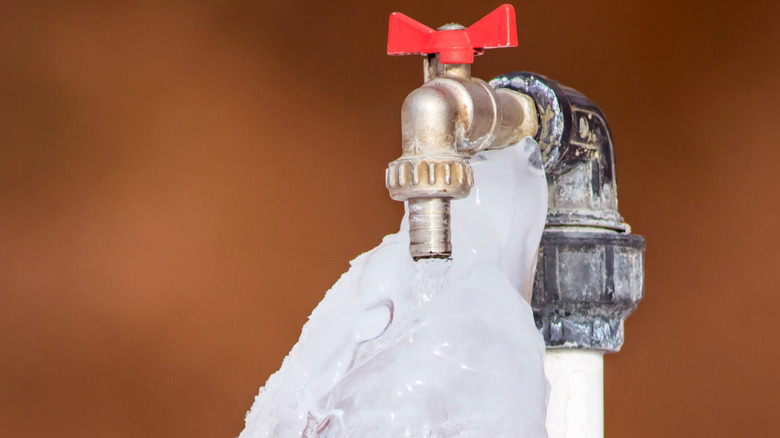Tips to Keep Pipes from Cold Weather Damage: Important Guidance
Tips to Keep Pipes from Cold Weather Damage: Important Guidance
Blog Article
Right here further down you will find lots of sound insight relating to Prevent Frozen Pipes .

Cold weather can wreak havoc on your pipes, particularly by freezing pipes. Below's exactly how to stop it from taking place and what to do if it does.
Introduction
As temperature levels decrease, the risk of icy pipelines boosts, possibly bring about pricey fixings and water damages. Comprehending just how to avoid icy pipes is critical for house owners in chilly environments.
Comprehending Frozen Pipelines
What creates pipelines to freeze?
Pipelines ice up when revealed to temperature levels listed below 32 ° F (0 ° C) for expanded durations. As water inside the pipelines ices up, it expands, putting pressure on the pipe walls and potentially causing them to break.
Dangers and damages
Icy pipes can result in supply of water disruptions, residential or commercial property damages, and costly repairs. Ruptured pipes can flood homes and create comprehensive architectural damages.
Indicators of Frozen Pipes
Identifying icy pipelines early can prevent them from bursting.
How to determine frozen pipelines
Look for lowered water flow from faucets, uncommon smells or noises from pipelines, and noticeable frost on exposed pipelines.
Prevention Tips
Shielding vulnerable pipelines
Cover pipes in insulation sleeves or utilize warm tape to safeguard them from freezing temperatures. Focus on pipelines in unheated or external areas of the home.
Heating strategies
Maintain indoor rooms adequately heated, specifically areas with pipes. Open closet doors to enable cozy air to circulate around pipelines under sinks.
Protecting Outside Pipes
Garden pipes and outdoor faucets
Detach and drain pipes garden pipes prior to winter season. Set up frost-proof faucets or cover outdoor taps with shielded caps.
What to Do If Your Pipes Freeze
Immediate activities to take
If you believe icy pipelines, maintain faucets open to ease pressure as the ice thaws. Use a hairdryer or towels taken in hot water to thaw pipes gradually.
Long-Term Solutions
Architectural changes
Consider rerouting pipelines away from outside wall surfaces or unheated locations. Include added insulation to attic rooms, basements, and crawl spaces.
Updating insulation
Purchase high-grade insulation for pipelines, attics, and wall surfaces. Proper insulation aids preserve regular temperatures and reduces the danger of icy pipes.
Verdict
Stopping icy pipes needs aggressive steps and fast feedbacks. By understanding the reasons, indicators, and safety nets, property owners can secure their pipes throughout cold weather.
Helpful Tips to Prevent Frozen Pipes this Winter
UNDERSTANDING THE BASICS: WHY PIPES FREEZE AND WHY IT’S A PROBLEM
Water freezing inside pipes is common during the winter months, but understanding why pipes freeze, and the potential problems it can cause is crucial in preventing such incidents. This section will delve into the basics of why pipes freeze and the associated problems that may arise.
THE SCIENCE BEHIND FROZEN PIPES
When water reaches freezing temperatures, it undergoes a physical transformation and solidifies into ice. This expansion of water as it freezes is the primary reason pipes can burst. As the water inside the pipe freezes, it expands, creating immense pressure on the walls. If the pressure becomes too great, the pipe can crack or rupture, leading to leaks and water damage.
FACTORS THAT CONTRIBUTE TO PIPE FREEZING
Low Temperatures: Extremely cold weather, especially below freezing, increases the risk of pipes freezing. Uninsulated or Poorly Insulated Pipes: Pipes located in unheated areas, such as basements, crawl spaces, or attics, are more prone to freezing. Insufficient insulation or lack of insulation altogether exacerbates the problem. Exterior Wall Exposure: Pipes running along exterior walls are susceptible to freezing as they encounter colder temperatures outside. Lack of Heating or Temperature Regulation: Inadequate heating or inconsistent temperature control in your home can contribute to frozen pipes. PROBLEMS CAUSED BY FROZEN PIPES
- Pipe Bursting: As mentioned earlier, the expansion of water as it freezes can cause pipes to burst, resulting in significant water damage.
- Water Damage: When pipes burst, it can lead to flooding and water damage to your property, including walls, ceilings, flooring, and personal belongings.
- Structural Damage: Prolonged exposure to water from burst pipes can compromise the structural integrity of your home, leading to costly repairs.
- Mold and Mildew Growth: Excess moisture from water damage can create a favorable environment for mold and mildew growth, posing health risks to occupants.
- Disrupted Water Supply: Frozen pipes can also result in a complete or partial loss of water supply until the issue is resolved.
WHY CERTAIN PIPES ARE MORE PRONE TO FREEZING
- Location: Pipes located in unheated or poorly insulated areas, such as basements, crawl spaces, attics, or exterior walls, are at higher risk of freezing.
- Exterior Pipes: Outdoor pipes, such as those used for irrigation or exposed plumbing, are particularly vulnerable to freezing as they are directly exposed to the elements.
- Supply Lines: Pipes that carry water from the main water supply into your home, including the main water line, are critical to protect as freezing in these lines can affect your entire plumbing system.
- Underground Pipes: Pipes buried underground, such as those connected to sprinkler systems or outdoor faucets, can be susceptible to freezing if not properly insulated.
https://busybusy.com/blog/helpful-tips-to-prevent-frozen-pipes-this-winter/

We hope you enjoyed our piece on How to Prevent Your Pipes From Freezing. Thanks so much for spending some time to read through our article. Make sure you set aside a second to distribute this blog if you appreciated it. Thank you so much for going through it.
Estimate Free Report this page